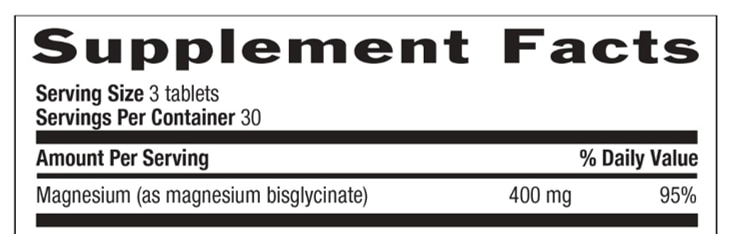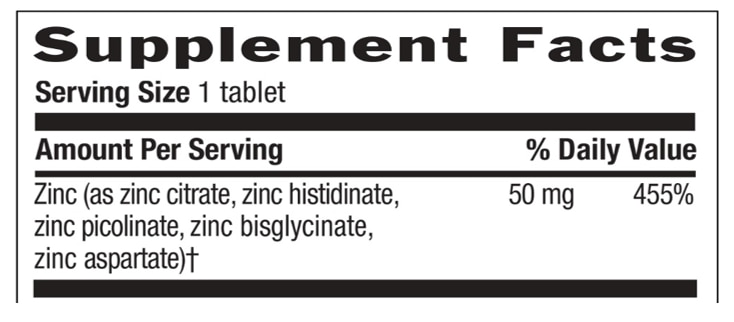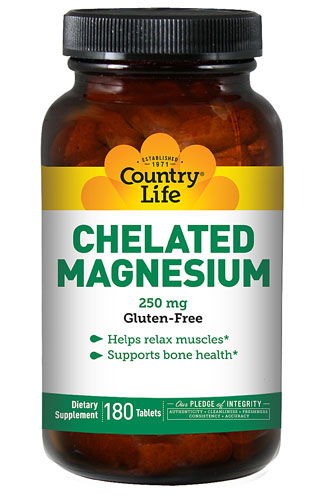[vc_row][vc_column][vc_column_text]We hear the word “chelate” quite often when we’re talking about minerals, but what is it and what does it mean? A chelate (pronounced k - l t) is a compound (oftentimes an amino acid) bound to a mineral (or metal) to support mineral absorption. The word is derived from the Greek word “chele” meaning “claw like.” So you can think of a chelate as a “claw” that is holding onto something at multiple points.

Understanding minerals
Let’s start with some basics about
minerals. We need minerals to maintain good health. Minerals are considered an essential nutrient. This means that they must be consumed either from the foods we eat or by taking supplements – because our bodies cannot make them on their own.
Minerals are responsible for many different functions in the body, including supporting bone health, muscle function and nerve function; promoting healthy hair, skin and nails; producing enzymes and hormones; and playing a part in many other metabolic processes. Magnesium alone is a cofactor in over 300 different bodily functions!
Minerals are classified into two categories –
macro (or major) minerals, which are the minerals we need the largest quantities of. These include calcium, magnesium, potassium, sodium and chloride. And then there are
trace minerals, which we only need in small amounts. Trace minerals include chromium, copper, iron, manganese, selenium, iodine, zinc and fluoride.
Below is a list of food sources that provide each of the categories of minerals.
Macro (major) minerals:
Calcium: yogurt, cheese, milk, salmon, leafy green vegetables
Chloride: salt
Magnesium: spinach, broccoli, legumes, seeds, whole-wheat bread
Potassium: meat, milk, fruits, vegetables, grains, legumes
Sodium: salt, soy sauce, vegetables
Trace minerals:
Chromium: meat, poultry, fish, nuts, cheese
Copper: shellfish, nuts, seeds, whole-grain products, beans, prunes
Fluoride: fish, teas
Iodine: iodized salt, seafood
Iron: red meat, poultry, eggs, fruits, green vegetables, fortified bread
Manganese: nuts, legumes, whole grains, tea
Selenium: organ meat, seafood, walnuts
Zinc: meat, shellfish, legumes, whole grains
If we all consumed well-balanced diets, didn’t rely on overly processed foods and could access produce grown in healthy soil that wasn’t depleted of nutrients, we’d be able to get all the minerals we need from our diets. However, many of us
aren’t getting what our bodies need from diet alone. So we often turn o supplements to help fill in nutrient gaps.
(Quick reminder: Supplements are meant to
supplement your diet – not to take the place of nutrient-rich, whole-food sources of nutrition. Also, if you’re considering adding a new supplement to your routine, always check with your health care provider first!)
So, what are chelated minerals?
You may be wondering: Why is it helpful for minerals in supplement form to be chelated (have a chelate attached)? In the 1960s, research revealed that mineral chelation helped facilitate the absorption of minerals. For this reason, many supplemental minerals today are chelated – usually with an amino acid, but sometimes with other ingredients such as citric acid or malic acid.
Looking at supplement facts panels on product labels, you might notice different names for minerals, such as calcium citrate, magnesium malate or zinc bisglycinate. Confusing, right? Not if you understand chelation! The names simply represent the mineral and the type of chelate used. For example, calcium citrate is the calcium with citric acid as the chelate. Magnesium malate is magnesium with malic acid as the chelate. Zinc bisglycinate is zinc with glycine as the chelate.
So it’s not a “different” mineral – the mineral is still the same. If you have calcium citrate and calcium lysinate – both are still calcium; however, one is chelated with citric acid and the other with the amino acid lysine.
Here are some common compounds used as chelates and what the mineral final name would be on a supplement facts panel:
Chelate Mineral Name
Glycine = (mineral) Glycinate or Bisglycinate
Taurine = (mineral) Taurinate
Lysine = (mineral) Lysinate
Citric Acid = (mineral) Citrate
Malic Acid = (mineral) Malate
Aspartic Acid = (mineral) Aspartate
Picolinic Acid = (mineral) Picolinate
Note that these are just a few chelates commonly used in supplemental minerals. You may find more. Amino acids are frequently used either as individual aminos or groups of amino acids, such as rice protein-based amino acids.
What’s the difference between a single chelated and multiple chelated mineral? A single chelated mineral has only one chelate. For example, calcium citrate is calcium with citric acid as the chelate. Magnesium glycinate (or bisglycinate) is magnesium with glycine as the chelate, as seen below on this supplement facts panel.

This indicates that the 400 mg of magnesium has one chelate – glycine.
But what if you were looking at the supplement facts panel and saw something like this?

Here you see 50 mg elemental weight of zinc chelated with four different chelates, hence four different “names” associated with the zinc. This is an example of multiple chelates.
Chelated mineral supplements
Country Life® has an extensive line of mineral supplements featuring single chelated minerals – or multiple chelated minerals in its unique and trademarked line of
Target-Mins® products. Additionally, their calcium bone support products are formulated with a 2:1:1 ratio of calcium to magnesium and phosphorous to provide proper utilization of these important bone-support minerals.
In summary, it’s really important to understand the value minerals bring to supporting our overall health. Responsible for a multitude of functions in the body, minerals are becoming a more talked about supplementation category. Our bodies can’t make them – so you’ve got to get them through diet or dietary supplements.
#PowerYourGreatness with minerals.[/vc_column_text][/vc_column][/vc_row][vc_row][vc_column][vc_text_separator title="Featured Products" border_width="2"][vc_row_inner equal_height="yes" content_placement="middle" gap="35"][vc_column_inner width="1/3"][vc_single_image image="165512" img_size="full" alignment="center" onclick="custom_link" img_link_target="_blank" css=".vc_custom_1678746681236{padding-right: 7% !important;padding-left: 7% !important;}" link="https://www.vitacost.com/country-life-chelated-zinc"][/vc_column_inner][vc_column_inner width="1/3"][vc_single_image image="165510" img_size="full" alignment="center" onclick="custom_link" img_link_target="_blank" css=".vc_custom_1678746700500{padding-right: 7% !important;padding-left: 7% !important;}" link="https://www.vitacost.com/country-life-total-mins-iron-free-multi-mineral-complex"][/vc_column_inner][vc_column_inner width="1/3"][vc_single_image image="165511" img_size="full" alignment="center" onclick="custom_link" img_link_target="_blank" css=".vc_custom_1678746718247{padding-right: 7% !important;padding-left: 7% !important;}" link="https://www.vitacost.com/country-life-chelated-magnesium-250-mg-180-tablets-1"][/vc_column_inner][/vc_row_inner][/vc_column][/vc_row]
 This indicates that the 400 mg of magnesium has one chelate – glycine.
But what if you were looking at the supplement facts panel and saw something like this?
This indicates that the 400 mg of magnesium has one chelate – glycine.
But what if you were looking at the supplement facts panel and saw something like this?
 Here you see 50 mg elemental weight of zinc chelated with four different chelates, hence four different “names” associated with the zinc. This is an example of multiple chelates.
Here you see 50 mg elemental weight of zinc chelated with four different chelates, hence four different “names” associated with the zinc. This is an example of multiple chelates.




